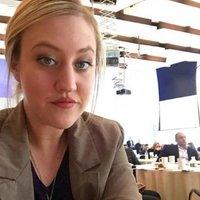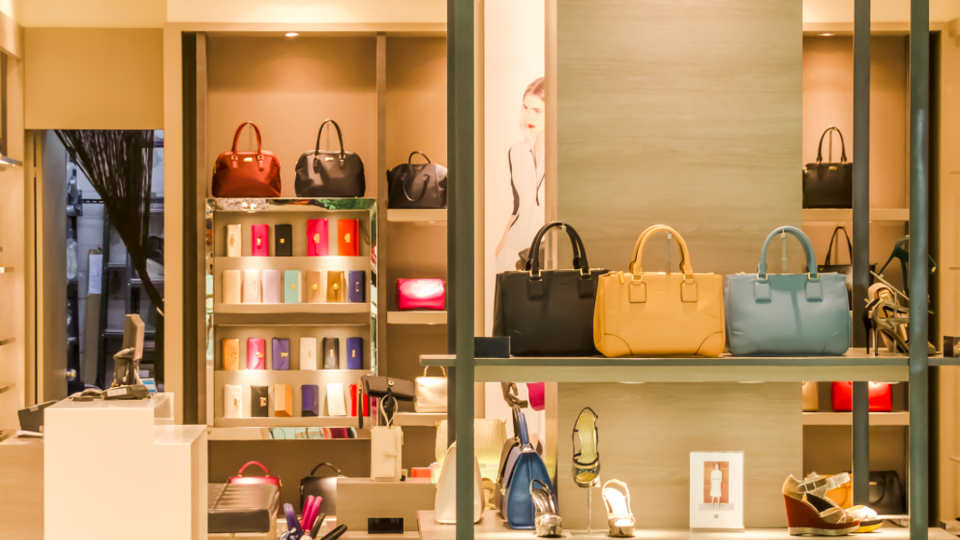Health, Personalization Will Be Most Important in 2018 Beauty Launches

Over the last decade, collaborations between luxury brands and contemporary artists have gone beyond mere artistic partnerships towards a new kind of luxury branding.
PARIS – Art and fashion have always developed side by side, for fashion, like art, often gives visual expression to the cultural zeitgeist. During the 1920s, Salvador Dalí created dresses for Coco Chanel and Elsa Schiapparelli. In the 1930s, Ferragamo’s shoes commissioned designs for advertisements from Futurist painter Lucio Venna, while Gianni Versace commissioned works from artists such as Alighiero Boetti and Roy Lichtenstein for the launch of his collections. Yves Saint Laurent’s vast art collection, recently auctioned at Christie’s in Paris, testified to his great love of art and revealed the influence of a variety of artists on his own designs.
In the 1980s, relationships between luxury brands and artists were advanced when Alain Dominique Perrin created the Fondation Cartier. In the Fondation Cartier pour l’Art Contemporain, a book marking the foundation’s 20th anniversary, Perrin says he makes “a connection between all the different sorts of arts, and luxury goods are a kind of art. Luxury goods are handicrafts of art, applied art.”
The Fondation Cartier pour l’Art Contemparain building in Paris
The majority of cosmetics executives believe that health-inspired beauty along with personalization and digital engagement will be driving themes in the industry this year.
According to a survey by Euromonitor, skin health is a major factor within the beauty-manufacturing world today with an increase in brands creating topical probiotics. More than half of beauty execs believe that health in beauty, digital and personalization are the most important aspects of successful launches.
“Industry growth remained strong at 5% in 2017, a slight improvement on the previous year,' said Irina Barbalova, global lead of beauty and personal care at Euromonitor, London. "A thriving premium segment was once again the standout story, outpacing its mass counterpart for a third consecutive year.
"Notwithstanding the high propensity to trade up in terms of price, there are ample opportunities to premiumise through concepts which enhance perceptions of quality beyond the price tag – a much-needed strategy for mass players," she said.
Beauty Themes
Euromonitor surveyed 623 executive professionals in the beauty industry throughout 57 countries worldwide about their thoughts on the current market.
The value of sales are growing stronger within beauty, with 41 percent of industry experts expecting a 5 percent increase compared to 2017.

Dolce and Gabbana looks into the Middle East for beauty
E-commerce is becoming a major force for the cosmetics industry, with 70 percent of respondents saying Internet retailing has gained share. The feature has become significant in all aspects of beauty, including personal care, beauty products and both.
Following online shopping, beauty specialist retailers are gaining share, with 40 percent of experts saying it has grown over the past year.
On the opposite end of the spectrum, traditional department stores’ importance with beauty brands appears to be decreasing, with a significant portion of respondents saying its retail share is dropping.
For personal care-specific products, direct selling is becoming more popular, ahead of beauty products and the industry as a whole.
While healthy skin is a major component of the wellness trend, its importance goes beyond that in the beauty world.
Factors such as natural and safer ingredients, therapeutic benefits and an overall holistic healthy lifestyle are important themes in beauty today.

Armani Beauty's lovers Paul and Laura return as the embodiment of Emporio.
Image credit: Armani Beauty
More than 45 percent of experts believe that the most important launches in the upcoming year will be related to health, followed by digital beauty marketing and targeting specific consumer segments.
Additional Insight
Beauty brands are investing more heavily into social media and influencer marketing than their peers in fashion and luxury, according to a new report.
Launchmetrics’ “Beauty Redefined” ebook notes that there has been a 23 percent drop in print advertising value for beauty labels between 2013 and 2017, with the category putting more focus on digital marketing. As the industry sets its sights on millennials, influencers are playing a significant role in driving awareness and engagement for consumers who prefer to research online (see story).
Beauty manufacturers are some of the biggest innovators in marketing, but lately their use of technology has brought personalization tactics to a futuristic standpoint.
Augmented reality is rampant with beauty brands allowing users to try on products without having to be in store. While the experience still is not the same as trying on items in person, it still personalizes the experience exponentially and has paved the way for more sophisticated marketing tactics through technology (see story).
“The evolution of technology and digital connectivity are causing fundamental shifts in attitudes and shopping preferences," Ms. Barbalova said. "The interaction between brands and consumers will be increasingly reliant on digitally-enabled conversations and experiences.
"Community over individual and story over product – a key mantra for younger consumer cohorts," she said.
Cover image credit: Saks.
Article originally published on Luxury Daily. Republished with permission.



